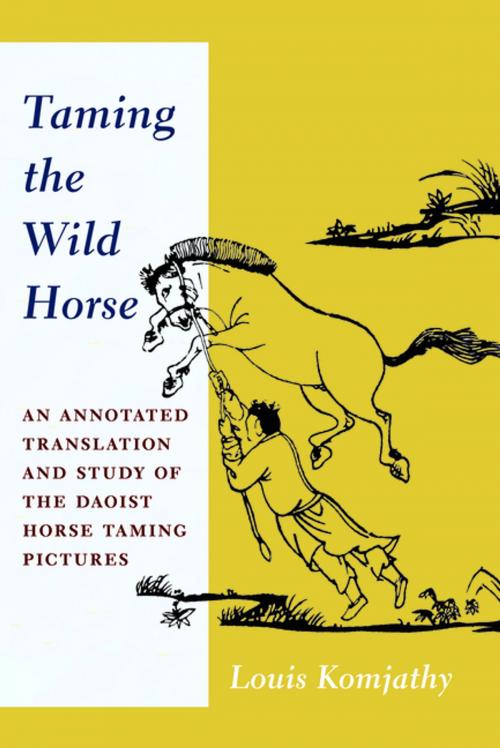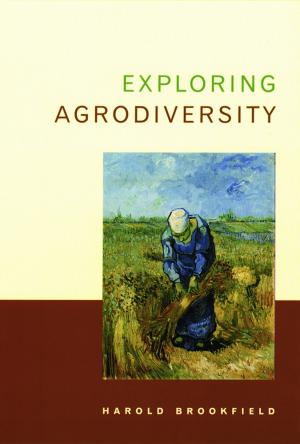Taming the Wild Horse
An Annotated Translation and Study of the Daoist Horse Taming Pictures
Nonfiction, Religion & Spirituality, Philosophy, Taoism, Science & Nature, Nature, Animals, Animals Rights, History, Asian, China| Author: | Louis Komjathy | ISBN: | 9780231543521 |
| Publisher: | Columbia University Press | Publication: | March 21, 2017 |
| Imprint: | Columbia University Press | Language: | English |
| Author: | Louis Komjathy |
| ISBN: | 9780231543521 |
| Publisher: | Columbia University Press |
| Publication: | March 21, 2017 |
| Imprint: | Columbia University Press |
| Language: | English |
In thirteenth-century China, a Daoist monk named Gao Daokuan (1195-1277) composed a series of illustrated poems and accompanying verse commentary known as the Daoist Horse Taming Pictures. In this annotated translation and study, Louis Komjathy argues that this virtually unknown text offers unique insights into the transformative effects of Daoist contemplative practice. Taming the Wild Horse examines Gao's illustrated poems in terms of monasticism and contemplative practice, as well as the multivalent meaning of the "horse" in traditional Chinese culture and the consequences for both human and nonhuman animals.
The Horse Taming Pictures consist of twelve poems, ten of which are equine-centered. They develop the metaphor of a "wild" or "untamed" horse to represent ordinary consciousness, which must be reined in and harnessed through sustained self-cultivation, especially meditation. The compositions describe stages on the Daoist contemplative path. Komjathy provides opportunities for reflection on contemplative practice in general and Daoist meditation in particular, which may lead to a transpersonal way of perceiving and being.
In thirteenth-century China, a Daoist monk named Gao Daokuan (1195-1277) composed a series of illustrated poems and accompanying verse commentary known as the Daoist Horse Taming Pictures. In this annotated translation and study, Louis Komjathy argues that this virtually unknown text offers unique insights into the transformative effects of Daoist contemplative practice. Taming the Wild Horse examines Gao's illustrated poems in terms of monasticism and contemplative practice, as well as the multivalent meaning of the "horse" in traditional Chinese culture and the consequences for both human and nonhuman animals.
The Horse Taming Pictures consist of twelve poems, ten of which are equine-centered. They develop the metaphor of a "wild" or "untamed" horse to represent ordinary consciousness, which must be reined in and harnessed through sustained self-cultivation, especially meditation. The compositions describe stages on the Daoist contemplative path. Komjathy provides opportunities for reflection on contemplative practice in general and Daoist meditation in particular, which may lead to a transpersonal way of perceiving and being.















